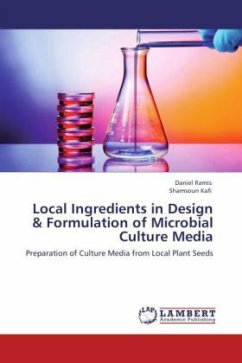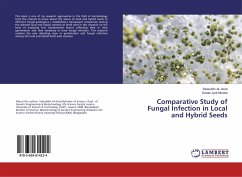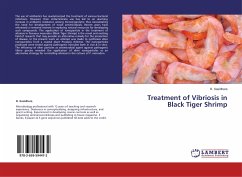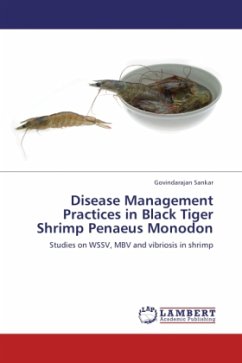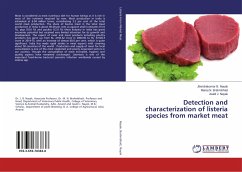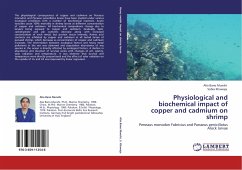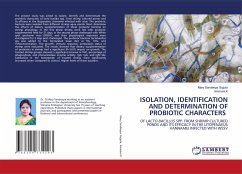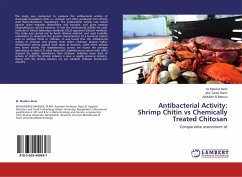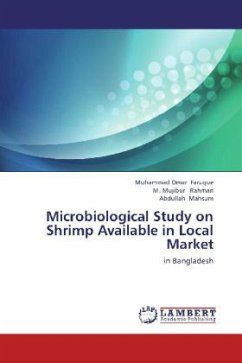
Microbiological Study on Shrimp Available in Local Market
in Bangladesh
Versandkostenfrei!
Versandfertig in 6-10 Tagen
32,99 €
inkl. MwSt.

PAYBACK Punkte
16 °P sammeln!
In Dhaka city, there are huge retail fish markets and some super shops where shrimps are sold. The present study was attempted to isolate, enumerate and identify the indicator bacteria (E.coli and klebsiella spp.) and pathogenic bacteria (salmonella spp., Vibrio spp. and Staphylococcus spp.) present in the shrimp samples available in local market. Two samples were collected from local retail fish markets; one sample was collected from super shop. The highest bacterial load 2.1X107 (cfu/ ml) was found from sample collected from Malibag bazer and the lowest load 1X107 (cfu/ml) was found which wa...
In Dhaka city, there are huge retail fish markets and some super shops where shrimps are sold. The present study was attempted to isolate, enumerate and identify the indicator bacteria (E.coli and klebsiella spp.) and pathogenic bacteria (salmonella spp., Vibrio spp. and Staphylococcus spp.) present in the shrimp samples available in local market. Two samples were collected from local retail fish markets; one sample was collected from super shop. The highest bacterial load 2.1X107 (cfu/ ml) was found from sample collected from Malibag bazer and the lowest load 1X107 (cfu/ml) was found which was collected from Agora departmental shop. Antibiotic susceptibility test was done by Kirby-Bauer method. Most of isolates the isolates were sensitive to Chloramphenicol and were resistant against tetracycline. Over all study concludes that the shrimp from super shop have better quality then retail markets in terms of microbiological food safety.



